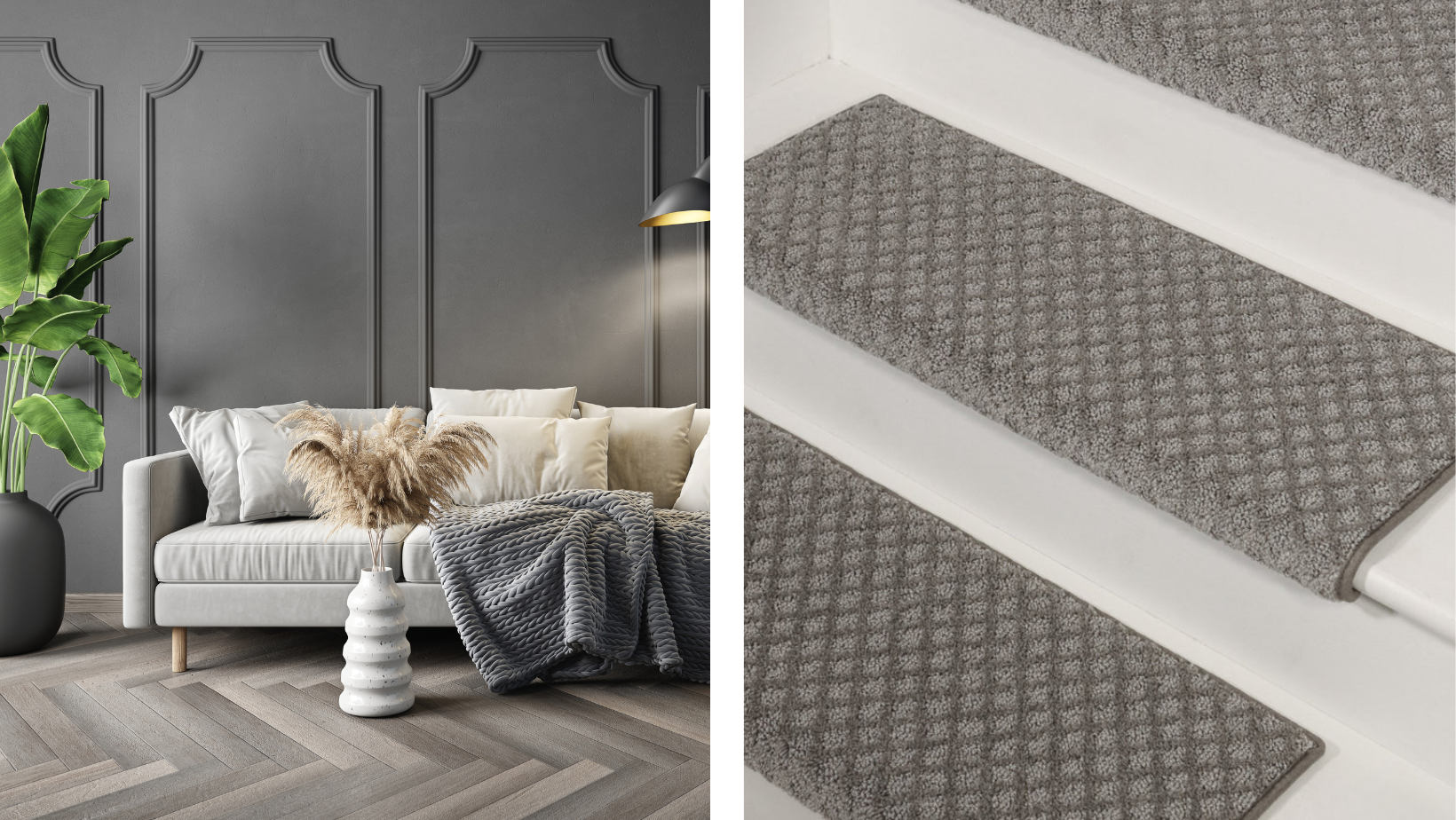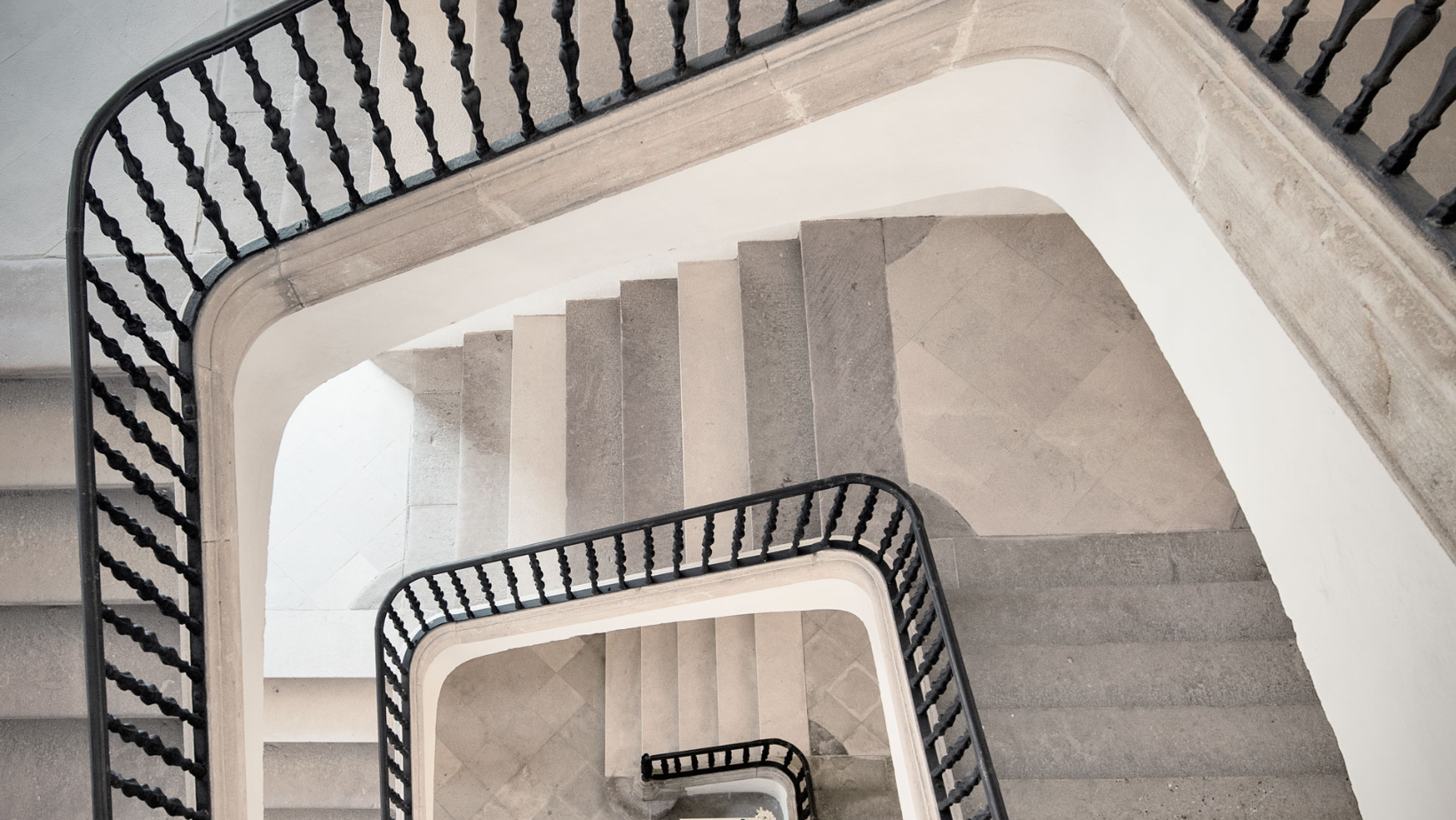When it comes to choosing the right carpet stair treads for your home, stair safety is a top priority. Berber carpet, known for its durability and easy clean features, is a popular choice for many homeowners.
Berber carpet is a type of looped carpet that is made from a variety of materials, such as wool, nylon, and olefin.
Is Berber Slippery on Stairs?
Generally, berber carpet is not considered to be slippery, as the loops of the carpet provide enough friction to prevent slipping. However, it is important to note that the material of the carpet can affect its slipperiness. For instance,
Olefin berber carpets may be slightly more slippery than wool berber carpets. Additionally, berber carpets with a low pile can be more slippery than those with a higher pile. Ultimately, the slipperiness of a berber carpet will depend on the material and pile of the carpet.
What is Berber carpet?
Berber carpet is a style of carpet that is distinguished by its loop pile construction. It is named after the Berber people of North Africa, who are known for their hand-woven textiles. Berber carpet is characterized by its distinctive looped fibers, which can be made from various materials such as nylon, wool, or olefin. This type of carpet is favored for its durability, stain resistance, and ease of maintenance.
Is Berber carpet slippery on stairs?
The slipperiness of Berber carpet on stairs can be influenced by various factors. The carpet density rating, which refers to the amount of pile yarn in the carpet and how closely packed it is, can affect its slip resistance. Additionally, the type of fiber used in the carpet, such as bulked continuous filament (BCF) nylon, can contribute to its traction on stairs. While Berber carpet is not inherently slippery, it is essential to consider these factors when evaluating its safety on stairs.
Factors that affect the slipperiness of Berber carpet on stairs
Apart from the carpet's density and fiber type, the installation of the carpet on stairs can also impact its slip resistance. A well-fitted carpet with a secure installation can minimize the risk of slipping. Furthermore, the presence of carpet stair treads, which are designed to protect stairs from wear and tear, can enhance the safety of Berber carpet on stairs.
The Best Types of Carpet for Stair Safety
Characteristics of safe carpet for stairs
The best carpet for grip on stairs should possess certain characteristics to ensure optimal safety. It should have a dense pile and a low profile to provide a firm grip for foot traffic. Additionally, the carpet material should be durable and resistant to wear and tear, especially in high-traffic areas like staircases.
Best carpet materials for nonslip staircases
Nylon and wool are considered to be the best materials for nonslip staircases. Nylon carpets are known for their resilience and resistance to stains, making them an ideal choice for stair safety. On the other hand, wool carpets are naturally non-slip and offer luxurious comfort underfoot.
Recommended carpet styles for optimal stair safety
In addition to Berber carpet, cut pile and textured carpets are recommended for optimal stair safety. Cut pile carpets, which have their loops cut to create a soft, plush surface, provide a comfortable and secure footing on stairs. Textured carpets, with their twisted fibers and varied patterns, offer enhanced traction and are well-suited for staircases.
Non-Slip Solutions for Staircases
Importance of nonslip solutions for stairs
Nonslip solutions are crucial for maintaining a safe environment on carpeted stairs, especially in households with children, elderly family members, or pets. These solutions help prevent accidents and injuries by enhancing the traction and stability of the carpeted staircase.
Indoor nonslip stair treads: What are they?
Indoor nonslip stair treads are protective coverings that can be applied to the surface of stairs to improve their grip. These treads are typically made from rubber, vinyl, or carpet materials and are designed to provide a secure footing while complementing the aesthetic of the staircase.
How to choose the best nonslip stair treads for your carpeted staircase
When selecting nonslip stair treads for your carpeted staircase, consider the material, size, and adhesive quality of the treads. Opt for treads that offer a strong grip, easy installation, and easy removal for cleaning.
Tips for Maintaining a Safe Carpeted Staircase
Regular cleaning and maintenance practices for carpeted stairs
Regular vacuuming and spot cleaning are essential for maintaining the safety and appearance of carpeted stairs. By keeping the carpet clean and free from debris, you can ensure a secure footing and prolong the lifespan of the carpet.
DIY nonslip solutions for Berber carpet on stairs
In addition to nonslip stair treads, DIY solutions such as applying adhesive strips or using double-sided carpet tape can enhance the traction of Berber carpet on stairs. These simple yet effective methods can be easily implemented to promote safety on the staircase.
Professional services for ensuring the safety of carpeted staircases
Professional carpet cleaning and maintenance services can also contribute to the safety of carpeted staircases. Periodic deep cleaning and professional installation of carpeting can help uphold the integrity and safety of the carpet on stairs.
Ensuring Family Safety on Carpeted Stairs
Importance of prioritizing safety on carpeted staircases
Prioritizing safety on carpeted staircases is paramount for creating a secure home environment for your family. By implementing nonslip solutions and safe carpeting practices, you can minimize the risk of accidents and promote peace of mind.
Creating a safe environment for children and elderly family members
Families with children and elderly members should take extra precautions to ensure the safety of carpeted stairs. Installing nonslip stair treads, maintaining clean and secure carpeting, and promoting awareness of stair safety can contribute to a safe environment for all family members.
Conclusion
In conclusion, the safety of Berber carpet on stairs can be maintained through careful consideration of carpet materials, installation practices, and nonslip solutions. By choosing the best types of carpet for stair safety, such as nylon or wool, and implementing nonslip solutions like indoor stair treads, you can ensure a secure and comfortable staircase for your family. Prioritizing safety on carpeted stairs is essential for promoting peace of mind and creating a safe environment for children and elderly family members. By adhering to regular maintenance practices and professional services, you can uphold the safety and integrity of your carpeted staircase. Ultimately, prioritizing family safety on carpeted stairs is a testament to your commitment to creating a secure and welcoming home environment.



